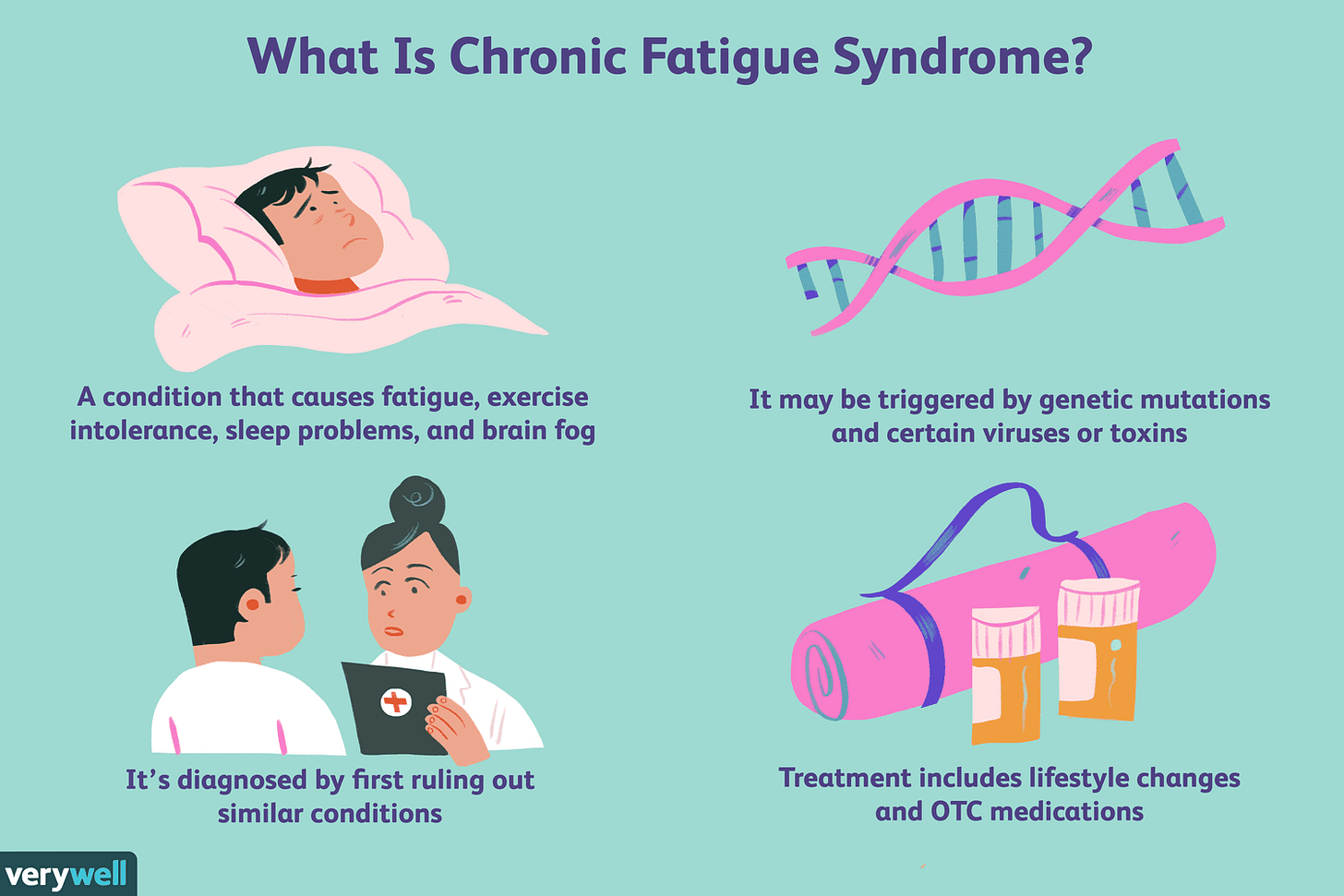Unraveling the Mysteries of Chronic Fatigue Syndrome
Written by Azzy Xiang
Chronic Fatigue Syndrome (CFS), also known as Myalgic Encephalomyelitis (ME), is a complex and often misunderstood illness characterized by extreme fatigue that persists for six months or more, along with a range of other debilitating symptoms. Despite affecting millions worldwide, CFS remains shrouded in mystery and misunderstanding, leading to misconceptions and stigma.
One of the most challenging aspects of CFS is its diverse symptomatology. Patients often report profound fatigue, sleep disturbances, cognitive impairment, muscle and joint pain, and post-exertional malaise—where physical or mental exertion leads to a worsening of symptoms. This variability complicates diagnosis, as symptoms can overlap with other conditions, leading many patients on a long and frustrating journey to receive appropriate care.
The exact cause of CFS is still unknown, but researchers speculate that a combination of genetic, environmental, and psychological factors may contribute to its onset. Some studies suggest that viral infections, immune system dysregulation, and disruptions in the body's energy production may play significant roles. However, more research is needed to fully understand the underlying mechanisms and to develop effective treatments.
Living with CFS can be isolating. Many individuals face disbelief from friends, family, and even healthcare providers, leading to feelings of frustration and helplessness. Advocacy groups have emerged to raise awareness, promote research, and support those affected by the illness. Increasing public understanding of CFS is crucial to reducing stigma and encouraging compassionate responses to those who suffer from this debilitating condition.
Currently, there is no cure for CFS, and treatment focuses on managing symptoms and improving quality of life. A multidisciplinary approach, including cognitive behavioral therapy, graded exercise therapy, and pharmacological interventions, can provide some relief.
As awareness grows, so too does hope for those living with CFS. Continued research and advocacy are essential to unravel the mysteries of this complex illness, ultimately leading to better diagnosis, treatment, and support for those affected!
Written by Azzy Xiang from MEDILOQUY


